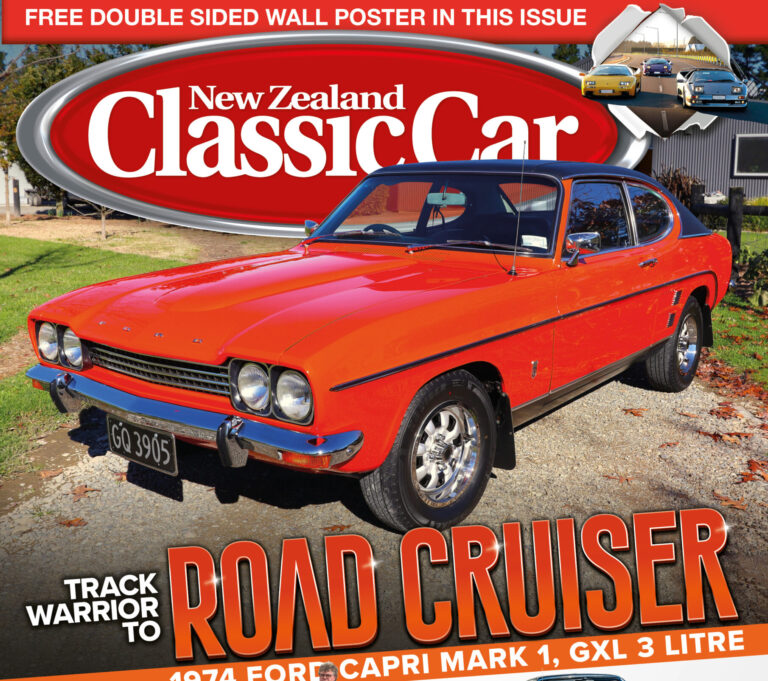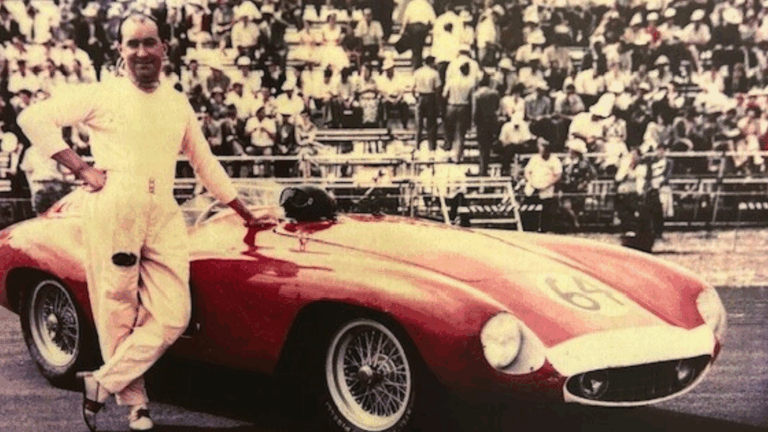Are Japanese cars from the early ’70s destined to become the next big thing when it comes to classic car collectability?
A few years ago the down-under classic-car market went crazy for Ford Falcon GT-HOs. Prices skyrocketed from a few hundred thousand to around a million dollars in just a few crazy months, as cash-rich baby boomers climbed into the market with a view to realizing the automotive dreams of their youth.
Are we now seeing a similar trend with Japanese cars of the early ’70s?

A few months ago (New Zealand Classic Car Issue No. 290) Greg Price put together a feature on his son’s all-original 1974 Mazda 808 coupe and, in passing, Greg also made mention of the 808’s rotary-powered cousin, the RX-3.
Once upon a time these rather stylish Japanese coupes could be picked up for tuppence-ha’penny — quite simply, with petrol prices going stratospheric, nobody wanted a gas-guzzling rotor-motor.
However, as the years passed, younger enthusiasts picked up on these cars and began tuning and customizing them — we’d arrived at the dawn of the Japanese-import performance-car boom, and Mazda’s RX-series cars were at the head of the line-up.

More recently, monitoring the older car market both here and in Australia, it seems that ’70s Japanese cars are experiencing something of a renaissance, and prices for original, unmolested cars are on the move upwards.
With that in mind, we recently spotted this beautifully restored 1973 RX-3 coupe in Hamilton, and, unlike many of the rotor-motor rebuilds we’ve seen or heard about over the last decade, this example has been restored back to original condition. So, no bridge-porting, no outrageous bodykit, no ‘harlequin’ metallic paint, no drainpipe-sized exhaust pipe, no massive alloy wheels, and absolutely no Day-Glo vinyl interior. In fact, this example has been meticulously restored to original condition and is owned by an enthusiast with a real passion for these cars. Indeed, the RX-3 is still fitted with its original 10A twin-distributor rotary engine rather than having been swapped out for a later 12A or 13B unit.
A numbers-matching car, painted in its original Flare Yellow colour, this is probably the most original and complete Mazda RX-3 coupe in New Zealand.

The present owner of this RX-3 is also keeping a keen eye on the market for these cars and tells us that prices are going crazy at the moment with original, early-Mazda rotary-powered cars really starting to take off. He’s seen a few RX-3s for sale in Australia for $55,000 plus, while another has been listed for as much as $88,000. More amazingly, the cars appear to be genuinely selling for those prices! He also told us of an unrestored RX-3 coupe that was recently purchased by Mazda Australia from a local online auction site for $42,500 — this car being destined for a complete restoration and eventual inclusion in the company’s local car collection.
What do you think? Are all-original Japanese cars from the ’70s worthy of all this collectors’ car interest? We think they are — and we’re planning to feature this RX-3 coupe in a future edition of the magazine.


